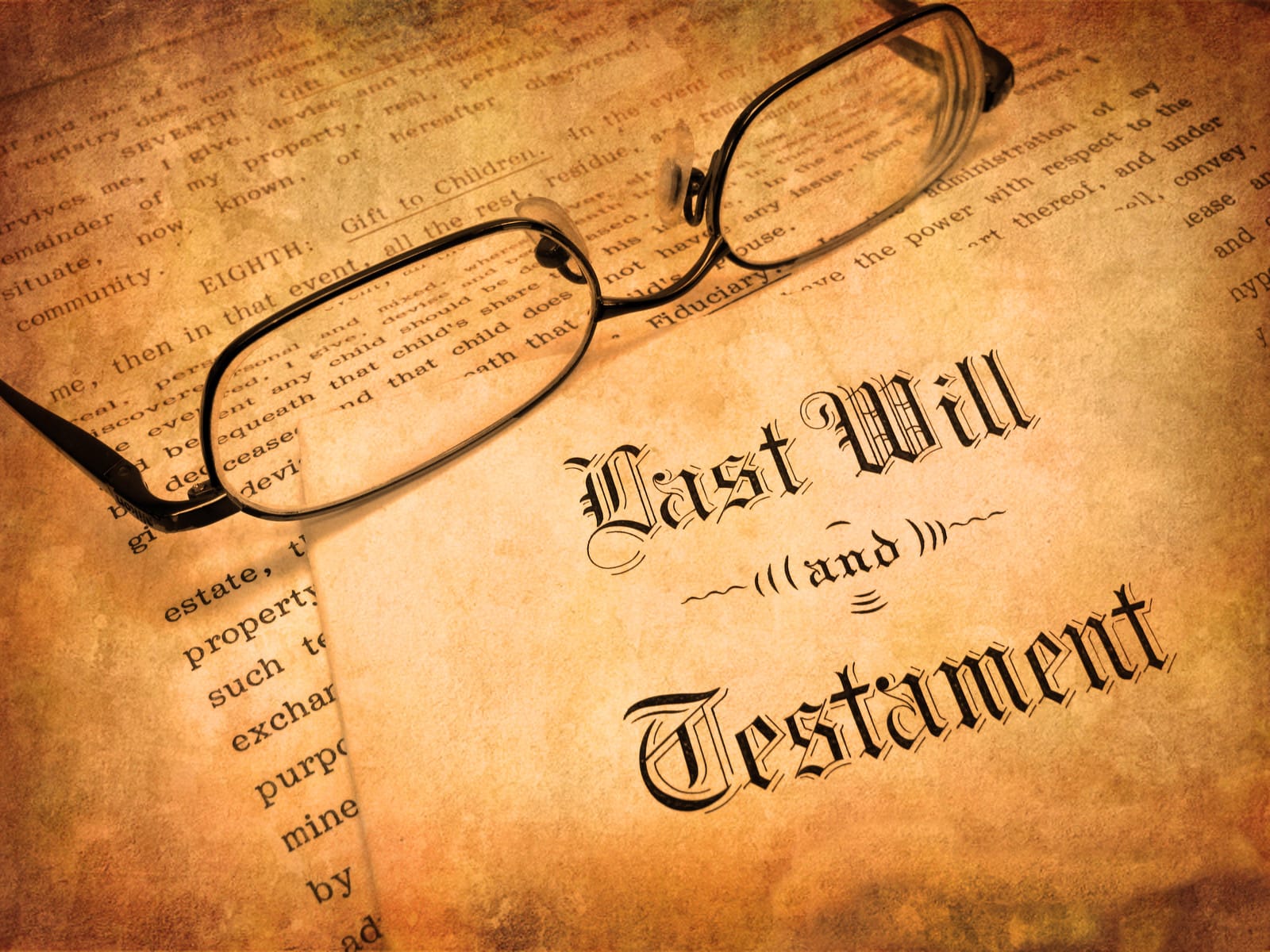
“Letters Testamentary” is a Minnesota court order appointing a person as personal representative or executor of the Will of a deceased person.
The terminology “Letters” comes from Old English legal usage that meant a writ or order issued by a judge. “Testamentary” refers to the written document called a Will which provides for the distribution of the possessions of a loved one after he or she dies.
Letters Testamentary gives the person appointed the legal authority to stand in the shoes of the decedent. In other words, the personal representative can get any information about accounts or assets or manage the assets that the decedent had.
The probate process in most cases involves 17 legal tasks that must be done to handle the decedent’s estate.
The Will itself does not empower the person named to act. The process requires that the nominee petition the probate court to validate the Will and approve the nominee to be personal representative.
As a general rule, the court will approve the person nominated to be personal representative. However, the court may refuse to appoint the nominee if he or she is a felon or has serious mental or financial problems.
Probate proceedings may follow an administrative process (also called “informal”) in which the probate registrar acts on the matter. On the other hand other cases may require a judicial process (also called “formal”) in which a judge makes the decisions on the case.
Both procedures involve taking care of the 17 legal steps mentioned earlier.
Once appointed the personal representative assumes the duties of a fiduciary. This means that the personal representative has significant legal obligations to the beneficiaries and creditors of the decedent and the estate. The duties of a fiduciary are discussed in another blog from our office.
If there is no Will, the family may need to seek “Letters of General Administration” which is described in another article.
The lesson of this that the nominee or the family of the decedent should keep in mind is that the probate process is a complicated one. Much of the procedure and terminology go back a thousand years. It is wise to consult with an experienced probate attorney to be sure that your loved one’s probate procedure is handled correctly, efficiently and with the greatest inheritances allowable under the law.

